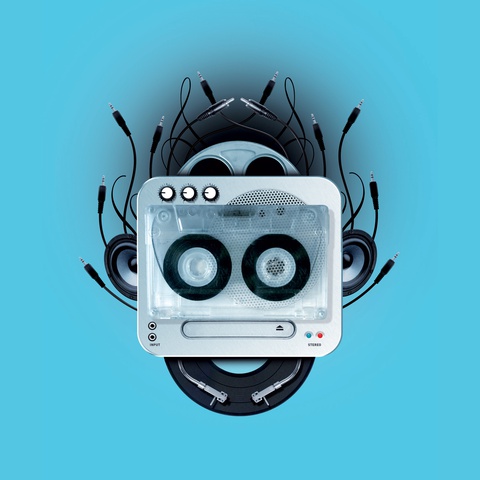09h30- 18h00
Entrée libre, dans la limite des places disponibles.
 Le séminaire international « Le son de l'Anthropocène » est centré sur les façons dont les mondes musicaux et les arts de la scène peuvent faire face aux défis écologiques. Le deuxième séminaire explore la matérialité de la musique : comment décrire toutes les circulations, les choses, les êtres impliqués dans un instrument de musique ou un logiciel ? Les technologies et les innovations musicales sont-elles compatibles avec les impératifs – éthiques, matériels démocratiques de l'écologie ? De nombreux invités internationaux – musiciens et musicologues, sociologues, philosophes, historiens et géographes présentent leurs travaux et participent aux débats avec le public.
Le séminaire international « Le son de l'Anthropocène » est centré sur les façons dont les mondes musicaux et les arts de la scène peuvent faire face aux défis écologiques. Le deuxième séminaire explore la matérialité de la musique : comment décrire toutes les circulations, les choses, les êtres impliqués dans un instrument de musique ou un logiciel ? Les technologies et les innovations musicales sont-elles compatibles avec les impératifs – éthiques, matériels démocratiques de l'écologie ? De nombreux invités internationaux – musiciens et musicologues, sociologues, philosophes, historiens et géographes présentent leurs travaux et participent aux débats avec le public.
Organisation : Nicolas Donin (responsable de l'équipe Analyse des pratiques musicales Ircam-STMS), Isabelle Moindrot (EA 1573, université Paris-8) et François Ribac (laboratoire Cimeos, université de Bourgogne).
Programme
Mercredi 12 septembre : Archéologie et histoires de la reproduction sonore
9h45 | Accueil
10h – 10h15 | Présentation des deux journées
10h15– 11h15 | « Eco Sonic Media » par Jacob Smith (Northwestern School of Communication, Evanston)
11h15 – 11h35 | Pause
11h35 – 12h | Discussion avec Jacob Smith
12h – 13h | « Are phonographs prehistoric objects? » par George Brock-Nannestad (Patent Tactics, Danemark), historien et praticien des phonographes et gramophones
13h – 14h30 | Déjeuner
14h30 – 15h00 | Discussion avec George Brock-Nannestad
15h30 – 16h15 | « Is the sampler a revolution? » par Paul Harkins (université Napier d'Édinbourg, projet ASMA)
16h15– 16h35 | Pause
16h35 – 18h | Table ronde : « Une histoire amoderne des appareils modernes ? » avec Judith Dehail (université d'Aix-Marseille), Loïc Riom (CSI-Mines ParisTech, université Paris-Sciences-et-Lettres), Sophie Maisonneuve (université Paris-Descartes), Paul Harkins, George Brock-Nannestad, et Jacob Smith.
Jeudi 13 septembre : Une géologie des instruments
9h15 | Accueil
9h30 – 10h15 | « Économie du quatuor à cordes et naturalité » par Christine Sinapi (Burgundy Sychool of Business de Dijon, projet ASMA)
10h15 – 11h | « La firme de basses électriques Warwick, une approche communicationnelle » par Fabrice Pirolli (université du Maine, projet ASMA)
11h – 11h20 | Pause
11h20 – 12h05 | « The Political Ecology of the Contemporary Musical Instrument Industry » par Matt Brennan (université de Glasgow)
12h05– 12h45 | Discussion
12h45 – 14h30 | Déjeuner
14h30 – 15h30 | « Musiques expérimentales et contemporaines : poubelles et obsolescence » par Clément Canonne et Nicolas Donin (équipe Analyse des pratiques musicales, Ircam)
15h30 – 15h50 | Pause
15h50 – 17h45 | « Matérialité et traçabilité ? »
a) « Que nous disent les géographes ? » par Nicolas Canova (École nationale supérieure d'architecture et de paysage de Lille, projet ASMA)
b) Discussion avec Valérie Ballereau (Burgundy School of Business de Dijon, projet ASMA), Jens Gerrit Papenburg (université Heinrich-Heine de Düsseldorf, université Humboldt de Berlin, projet ASMA) et Basile Zimmermann (université de Genève).


